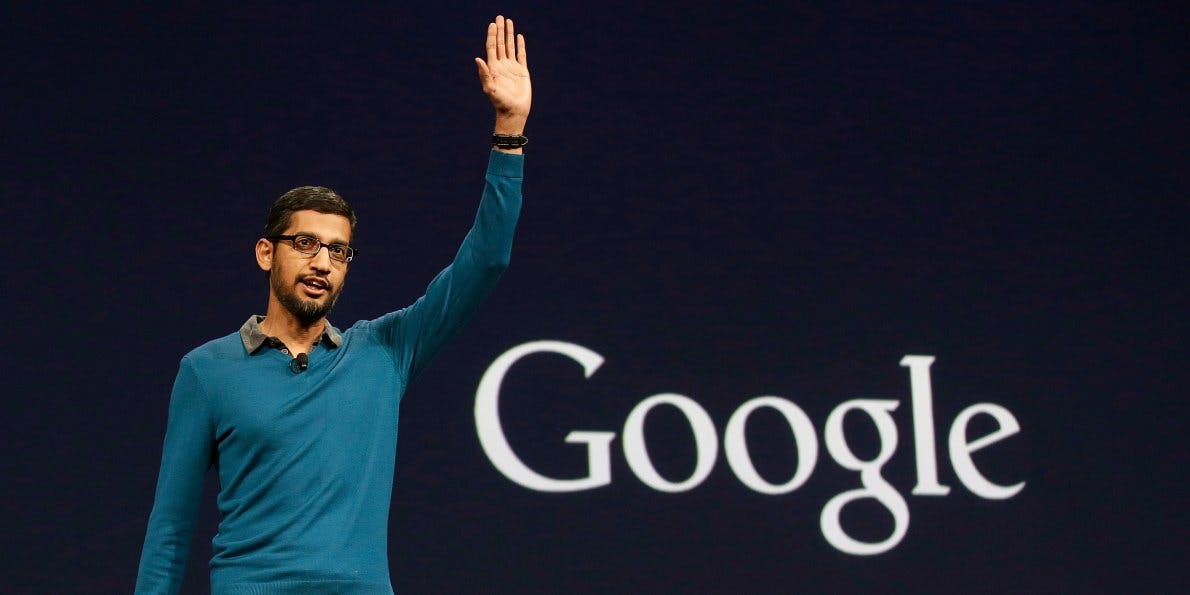
Sam Bankman-Fried Sentenced to 25 Years Jail
In a decisive turn of events that’s captured the attention of both the cryptocurrency world and the global financial community, Sam Bankman-Fried, the founder of the now-insolvent FTX[...]

Google are planning to introduce a method of tracking billions of credit and debit card payments in order to help advertisers who post on Google’s services obtain sales data and judge advert success.
Google Attribution will allow the company to track the credit card information of customers who have provided them to any Google service and, by tracking their particular purchases, it can provide information to online advertisers about how their adverts translate to both online and offline purchases.
In their announcement of the move, Google claimed that it currently captures around 70% of card transactions in the US through “third-party partnerships”, which critics have taken as a major affront on personal privacy.
“For the first time, Google Attribution makes it possible for every marketer to measure the impact of their marketing across devices and cross-channel – all in one place,” said the blogpost announcing the launch of the service.
The service has already received a backlash from security experts, who voice concerns over Google’s lack of transparency regarding which companies can gain access to the information concerned. These concerns are at the forefront of the debate, along with concerns about the intrusion upon personal privacy, which is implicit in the Google Attribution concept.
“What’s really fascinating to me is that as the companies become increasingly intrusive in terms of their data collection, they also become more secretive,” said Mark Rotenberg, executive director of the Electronic Privacy Information Centre.
However, Google has responded to concerns over personal security by stressing that the long-term development of Attribution has always been geared towards protecting the personal information of its users.
“While we developed the concept for this product years ago, it required years of effort to develop a solution that could meet our stringent user privacy requirements,” said the statement.
“To accomplish this, we developed a new, custom encryption technology that ensures users’ data remains private, secure, and anonymous.”
This is the latest controversy to surround Google’s advertising practices, after major advertisers removed their products from Google services after finding their brand placed alongside extremist content this year.

In a decisive turn of events that’s captured the attention of both the cryptocurrency world and the global financial community, Sam Bankman-Fried, the founder of the now-insolvent FTX[...]

With the banning of engineered stone in Australia coming into effect, and this extremely popular choice for benchtops and splashbacks no longer an option, many Aussie families are now wondering[...]

Originating centuries ago in the canal-laden streets of Venice, Venetian Plaster continues to captivate the imagination of designers, architects, and homeowners alike. We have selected our Top 5[...]

When it comes to choosing the right butcher for your family and friends, you want to know you are going to the best. But where do you start? There are so many butchers in Sydney, from large to[...]